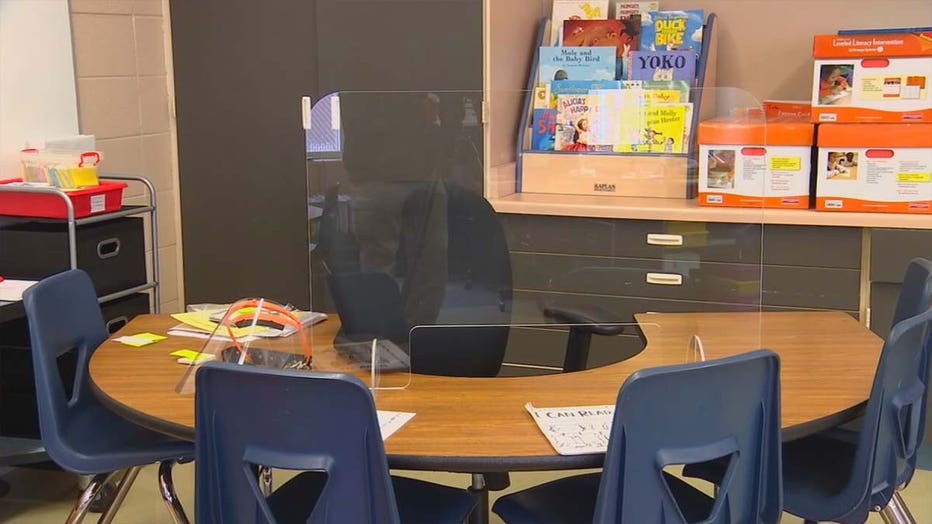Citing staffing shortages, Minnesota schools propose extended winter break

Citing staffing shortages, school districts across Minnesota propose to extend winter break
Students and teachers across the state will get a little more time away from school to enjoy the holidays this year.
ST. PAUL, Minn. (FOX 9) - Students and teachers across the state will get a little more time away from school to enjoy the holidays this year.
Over the last week, St. Paul Public Schools, Anoka-Hennepin School District, Rosemount-Apple Valley-Eagan Schools, Osseo Area Schools, Prior Lake-Savage Area Schools, Sartell-St. Stephen School District and Duluth Public Schools all announced their plans to add extra days to winter break.
LIST: Minnesota schools extending winter break due to pandemic impacts
Many are blaming a critical staffing shortage across all positions for the change, from bus drivers to custodians, and especially substitute teachers.
"I think we have about a third of the substitute teachers we had pre-pandemic," said Duluth Public Schools Superintendent John Magas.
Magas has been in education for 30 years and has never seen a staffing situation as dire as this. He's proposing two extra days off, while implementing more long-term solutions to the problem, like higher pay for substitute teachers.
"The day before and the day after a break like this are generally the two highest days that we have people that are out," said Magas.
St. Paul Public Schools has already approved an extra two days to their break.
"One of the busiest days last month, on a Friday, we had 300 absences in our district, that's licensed teacher absences," said Superintendent Dr. Joe Gothard, who added they were only able to find subs to fill about half of those absences.
"That time where you only need one sub in a building is gone because it isn't just one, many times. It's multiple," said Gothard at a school board meeting earlier this week.

School districts across Minnesota have or are proposing to extend winter break, due to staffing shortages and pandemic stress.
Education Minnesota President Denise Specht has recently toured more than 100 districts and is seeing the same staffing issue across the board.
"This is the third academic year that's been impacted by COVID-19, and this is by far the most challenging," said Specht.
She says there's only so many band-aids you can put on a system before it becomes way too stressed.
"(Districts) piecemealed solutions on the short term as much as they can, but we are really going to have to dig deep and figure out some long-term solutions. We just can't keep going the way we are," said Specht.

